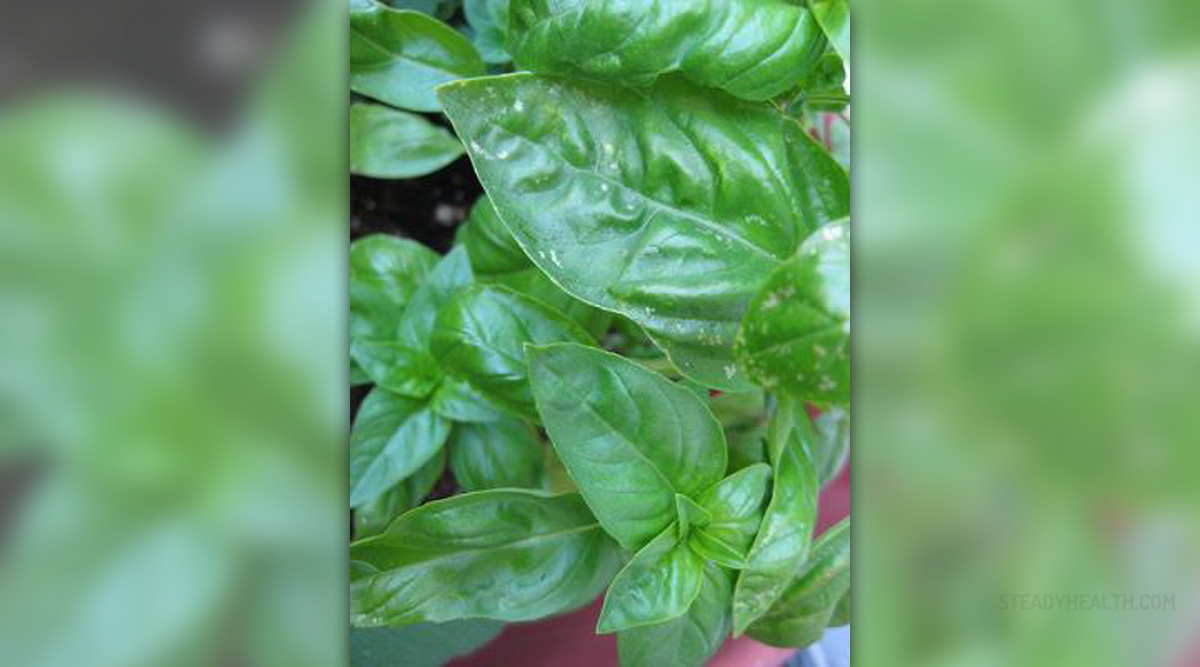
Basil is a low-growing leafy plant from the mint family. There are several different kinds of this herb. The one used prominently in Italian cuisine is called sweet basil, and there are also Thai basil, lemon basil and holy basil, which are used in the East.
Basil is mostly used for cooking. It is usually added to tomato sauce to make a delicious salsa, and in pesto. However, basil leaves also have significant health benefits and they are used to treat an array of ailments.
Health benefits of basil leaves
Basil leaves contain small glands that produce a fragrant oil. The oil is believed to protect the body from many bacterial infections, even for bacteria that have become resistant to antibiotics.
Basil is rich in flavonoids, which protect cells and chromosomes from damage by radiation and oxidation. Two of the most important flavonoids found in basil are orientin and vicenin.
Vitamin A, which is found in basil leaves, is a powerful antioxidant that prevents cell damage and cholesterol build-up in blood vessels.
Basil also contains magnesium, an essential mineral that improves blood flow by helping heart muscles and blood vessels to relax. Other nutrients in basil include potassium, iron, calcium and vitamin C.
The juice of holy basil or tulsi leaves can be very effective in treating flu and common cold and bringing down the fever caused by those infections. The juice should be taken every two or three hours in small sips.
Tulsi is also an important part of Ayurvedic medicine, where it is used to treat cough, bronchitis and asthma.
Basil leaves boiled in water provide great relief for sore throat due to flu, colds or allergies. The preparation can be used for both drinking and gargling.
Basil decoctions are also used for respiratory diseases. A decoction of basil, honey and ginger is used for asthma, influenza, bronchitis, and allergies.
The juice extracted from fresh basil leaves with some honey, taken regularly for six months, can help expel kidney stones from the urinary tract and prevent the formation of new stones.
Basil leaves can be used against stress and its negative effects on the body. It is estimated that chewing ten to 12 leaves two times a day prevents stress, reduces its effects and purifies the body.
Chewing basil leaves also helps with problems affecting the mouth, like ulcers, canker sores and gingivitis.
Dried and powdered basil leaves can be used for brushing teeth, especially if they are mixed with mustard oil.
Finally, boiled basil leaves are very effective against stomach ache and indigestion symptoms.
How to prepare basil leaves
For cough and cold, six to eight basil leaves and a few cloves are boiled with a glass of water with some salt.
Stomach problems can be solved with a mixture of one spoonful of basil juice and one spoonful of ginger juice. This mixture is also effective against piles and stomach acidity.
Basil tea is made very simply by boiling ten fresh leaves in a cup of water or one spoon of dried basil in the same amount of water.


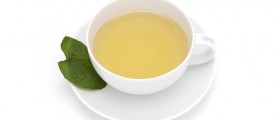

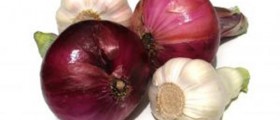

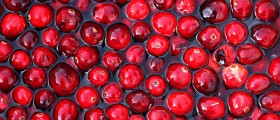
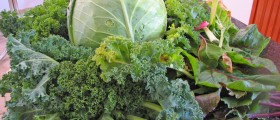
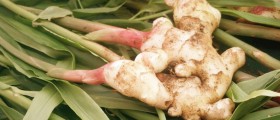
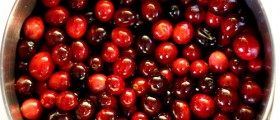



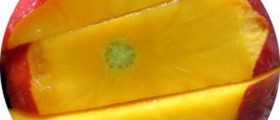
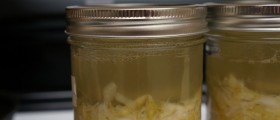
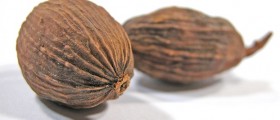

Your thoughts on this
Loading...